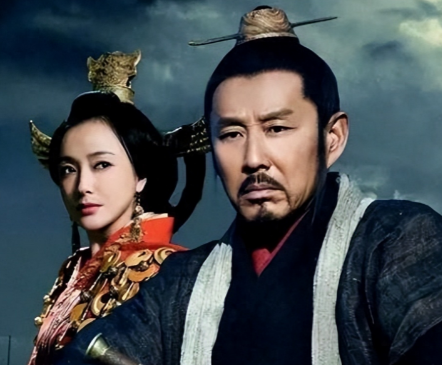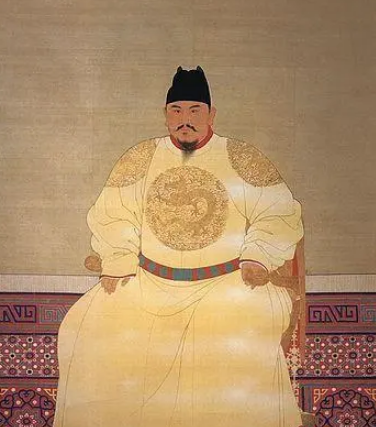In the history of Central Asia, the Zhunghar Khanate was once a powerful regime with its influence spanning today's western China, Mongolia, Kazakhstan and other regions. However, historians and enthusiasts have varying views on the extent of the Zhunghar Khanate's strength. This article will explore the military, political, and cultural strength of the Zhunghar Khanate, attempting to reveal the true face of this former great empire.

I. Military Strength of the Zhunghar Khanate
During its heyday, the Zhunghar Khanate possessed a powerful army, primarily composed of cavalry. This army excelled in rapid mobility and long-distance raids, enabling the Zhunghar to effectively strike their enemies in a short period of time. Their weapons and equipment were also quite advanced, including new-style firearms and cannons, which gave them an advantage on the battlefield.
II. Political Organization of the Zhunghar Khanate
The political organization of the Zhunghar Khanate exhibited distinct feudal characteristics, with the Khan wielding absolute power. They managed the country through a feudal system, delegating power to various vassals and tribal leaders. This political system ensured a certain degree of national unity and stability, but also laid the groundwork for internal conflicts and divisions.
III. Economic Basis of the Zhunghar Khanate
The economic foundation of the Zhunghar Khanate primarily relied on animal husbandry and trade. The vast grasslands provided good grazing ground for herdsmen, while trade on the Silk Road brought wealth and opportunities for cultural exchange to the country. However, due to their over-reliance on a single economic model, the Zhunghar Khanate was relatively vulnerable when faced with natural disasters and external pressures.
IV. Culture and Religion of the Zhunghar Khanate
The culture of the Zhunghar Khanate was a blend of Mongolian, Tibetan Buddhism, and Islamic elements. Religion played a significant role in national governance and people's lives, influencing social customs and serving as a bridge connecting different ethnicities and cultures.
V. Foreign Relations of the Zhunghar Khanate
During its existence, the Zhunghar Khanate engaged in numerous wars and diplomatic exchanges with neighboring powers such as the Qing Empire and the Russian Empire. These interactions tested the military and political strength of the Zhunghar Khanate, while also demonstrating its influence on the international stage.
Conclusion:
The Zhunghar Khanate was undoubtedly a country with significant military, political, and cultural influence. Its existence had profound impacts on the history of Central Asia and the world. However, like many powerful nations in history, the Zhunghar Khanate also experienced rises and falls, ultimately leading to its decline due to internal and external factors. Through a deep analysis of the Zhunghar Khanate, we can not only better understand Central Asia during this historical period but also draw historical lessons about the rise and fall of nations.
Disclaimer: The above content is sourced from the internet and the copyright belongs to the original author. If there is any infringement of your original copyright, please inform us and we will delete the relevant content as soon as possible.































